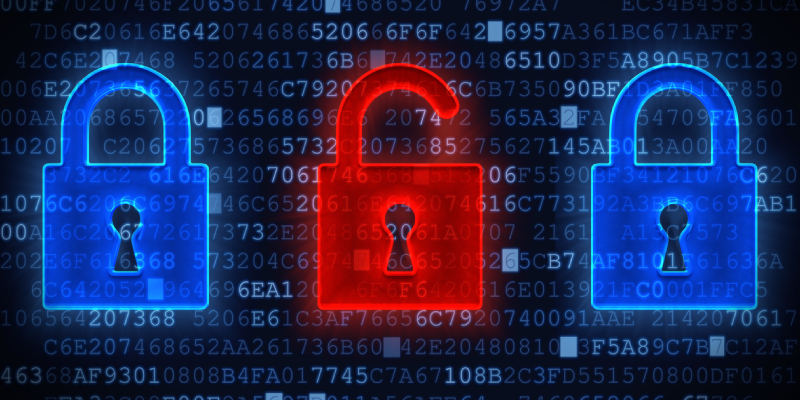A Definitive Guide To VoIP Encryption And Security

A General Overview About Pediatric Dental Advancements
November 19, 2021
Technology: An Inevitable Aspect Of Modern Classrooms
December 29, 2021A Definitive Guide To VoIP Encryption And Security

VoIP phone systems can raise security concerns, but this guide will show you how to keep your phone system private. Implement VoIP security to avoid security breaches. Payment Card Industry (PCI) compliance is a must for VoIP providers to accept credit cards. VoIP security certifications can provide greater peace of mind for your on-premises PBX or homegrown phone system that runs on Amazon or Google Cloud. VoIP service providers in India recommend using a private PBX network to avoid VOMIT and ensure compliance with today’s communication infrastructure. VoIP security assessments are important to ensure the quality and security of VoIP calls.
All You Need To Know About VoIP System And Its Vulnerabilities
Configure VoIP services to block 1-900 phone numbers and screen restricted/private calls. VoIP has become a critical business communications platform, and SIP-based calling is now the de facto standard for security. PwC’s 2020 U.S. CEO Survey found that cybersecurity threats are among the top concerns for CEOs. VoIP phones are powerful network appliances that can help protect your network.
To keep your VoIP system secure, restrict access to your system and enable remote device management capabilities. VoIP security is critical to ensure high-quality and fraud-free voice calling while using VoIP technology. VoIP providers use Transport Layer Security (TLS) to protect additional call information in addition to the SRTP encryption standard. VoIP hacking tools can eavesdrop on your business phone system and gather business data.
Mobile VoIP apps are particularly well suited for offices with remote or blended teams. VoIP over a public Wi-Fi network is vulnerable to cybercriminals because of the insecure 802.11x wireless connections. Its gateways are important to ensure that VoIP is not compromised.
VoIP providers perform automatic software updates, but updating your software and system on a regular basis is important. It would be best to understand that VoIP phones are vulnerable to security vulnerabilities because they are patched with trivial file transfer protocol (TFTP).
Best VoIP Security Practices To Be Followed
The most common VoIP security flaws are listed below. The best practices for VoIP security are outlined below. Strong passwords are essential to protect your VoIP network from potential threats. The other necessities to be implemented are:
- VoIP systems require an internet connection, and public Wi-Fi can compromise security.
- Attacks on a network can affect VoIP security.
- Phishing, also known as VoIP phishing, is a concept that is similar to cat-fishing in its execution.
- Inactive VoIP accounts should be disabled as soon as they are created.
- If your VoIP phone system has been compromised, you will notice an increase in your monthly VoIP bill.
- Small business VoIP service should be encrypted to protect against interception, and Wi-Fi networks should be encrypted.
- VPNs are also a good way to protect against breaches.
- VoIP devices require a port to connect to the internet, and port 80 is particularly vulnerable to hacking.
- VoIP services should have 99.999 per cent uptime with scheduled maintenance.

What Are The VoIP Encryption Methods?
You might even think about implementing an intrusion prevention system or a VoIP firewall to provide additional layers of protection. To keep your VoIP phone system secure, educate your employees about VoIP security and good practices. You can achieve VoIP security by encrypting voice traffic and conducting regular security checks. Some of the encryption methods that are used to secure SIP transmissions in a VoIP phone system are:
- TLS (Transport Layer Security) protects VoIP communications by authenticating a security certificate and encrypting the information transmitted.
- SRTP is a VoIP security protocol that protects your voice data and information by encrypting the call and incorporating message authentication.
- Protect VoIP systems by using Network Address Translation (NAT) to change their IP address.
Wrap Up
VoIP networks can be made compliant with HIPAA requirements if the appropriate security measures are in place. VoIP calls are not encrypted to provide the greatest interoperability but can be encrypted using TLS and SRTP. Most importantly, VoIP vendors should communicate with you about interruptions, and call encryption is something you want in 2020. Continue Reading

